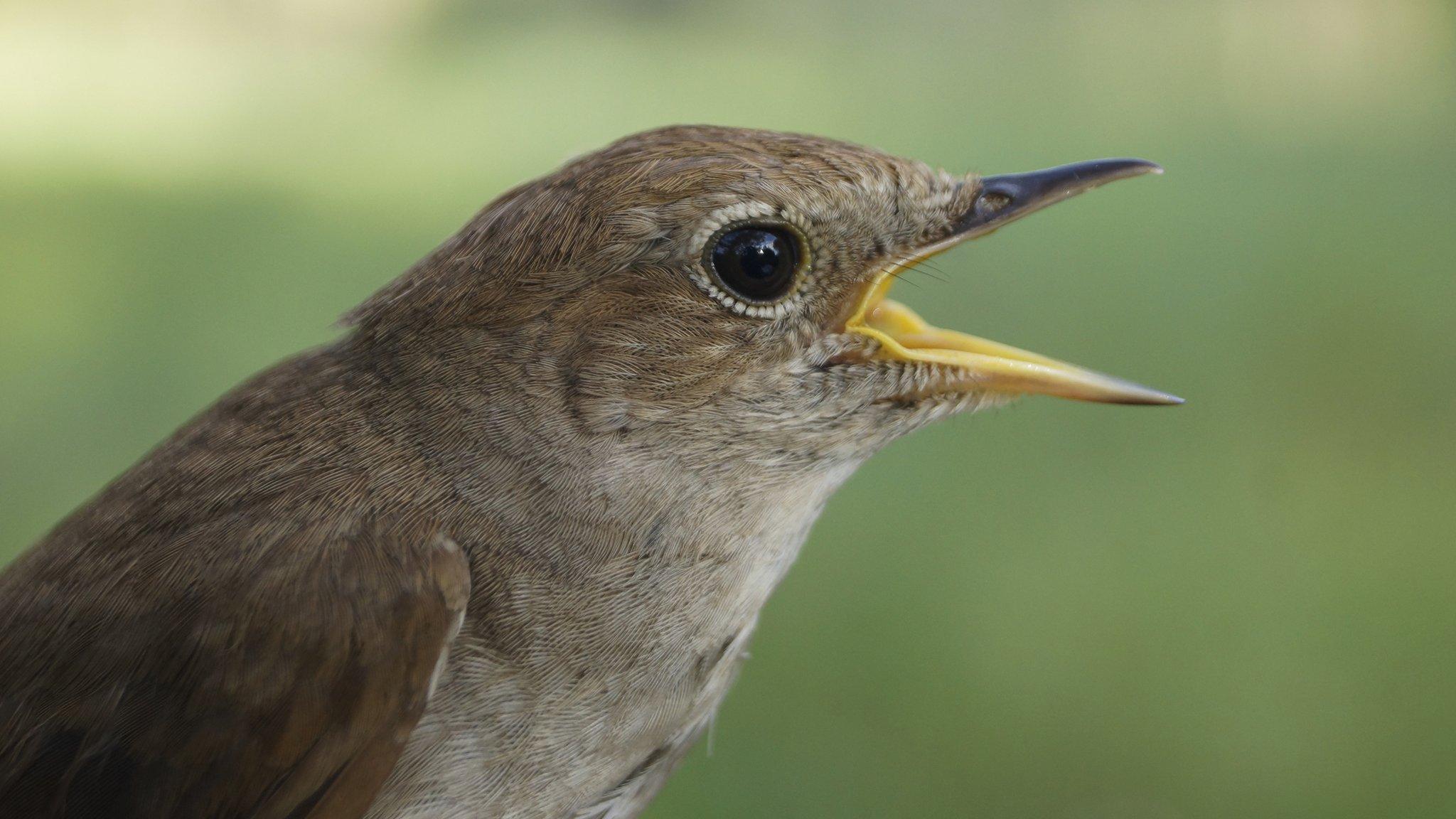Nightingales still at risk from new homes in Lodge Hill
- Published
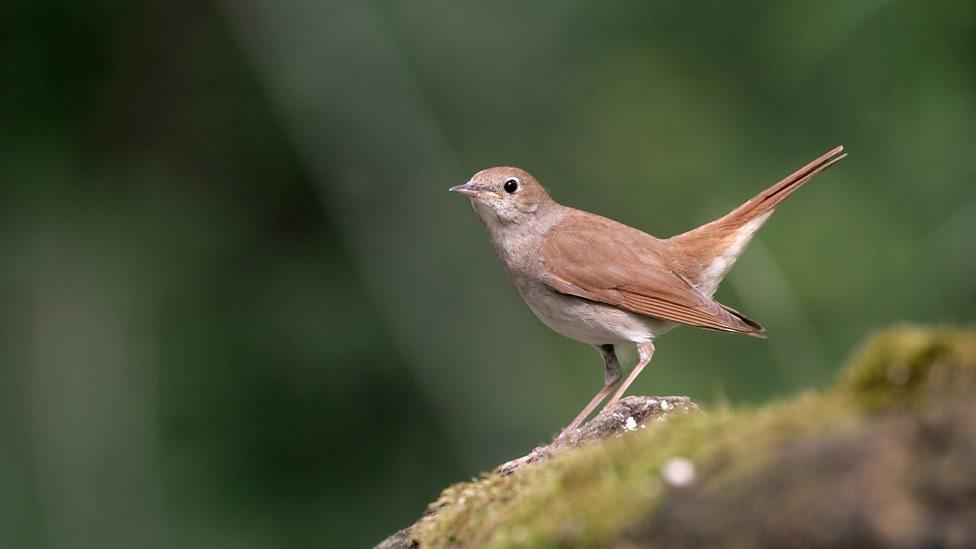
The RSPB says the Lodge Hill site is one of the most important in the country for nightingales
Campaigners are calling for a key site for nightingales to be saved from development after a study highlighted its importance to the UK population.
The British Trust for Ornithology (BTO) found the number of nightingales had fallen by 90% in the last 50 years.
It also discovered the former Ministry of Defence training ground at Lodge Hill, Kent, is home to about 1% of the UK population.
The Site of Special Scientific Interest (SSSI) is under threat from housing.
The decline of the nightingale has led to it being placed on the Birds of Conservation Concern Red List, external.
The RSPB said there were fewer than 5,500 pairs left in the whole country, with a survey of Lodge Hill in 2012 discovering 85 pairs.
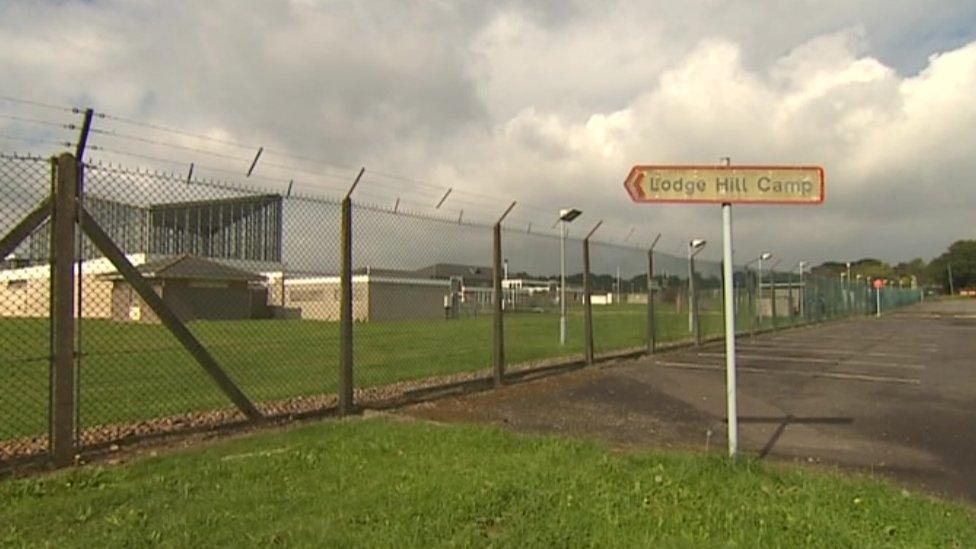
The land at Lodge Hill, Chattenden, was owned by the Ministry of Defence
Plans to build more than 5,000 homes on the site at Chattenden were withdrawn last September, two years after developers Land Securities pulled out of the scheme.
However, in its new draft local plan, external, Medway Council has designated the land as suitable for development, and said Homes England would submit a new scheme for 2,000 properties involving "development on some protected areas".
A public consultation closes on 25 June.
Nightingale's song
The BTO study, external was led by Dr Chris Hewson, who said: "Understanding how many nightingales we have left is vitally important if we are to save the species here in the UK, as it enables us to assess which sites are nationally important.
"The relevant bodies can then look into protecting those sites that exceed critical thresholds of importance, hopefully ensuring that future generations can hear the beautiful song of the nightingale for themselves."
The RSPB said the population at Lodge Hill was increasing.
Alan Johnson from the bird protection charity added the plans were "unacceptable" and there was a risk the nightingale's song would be "lost completely".
- Published6 September 2017
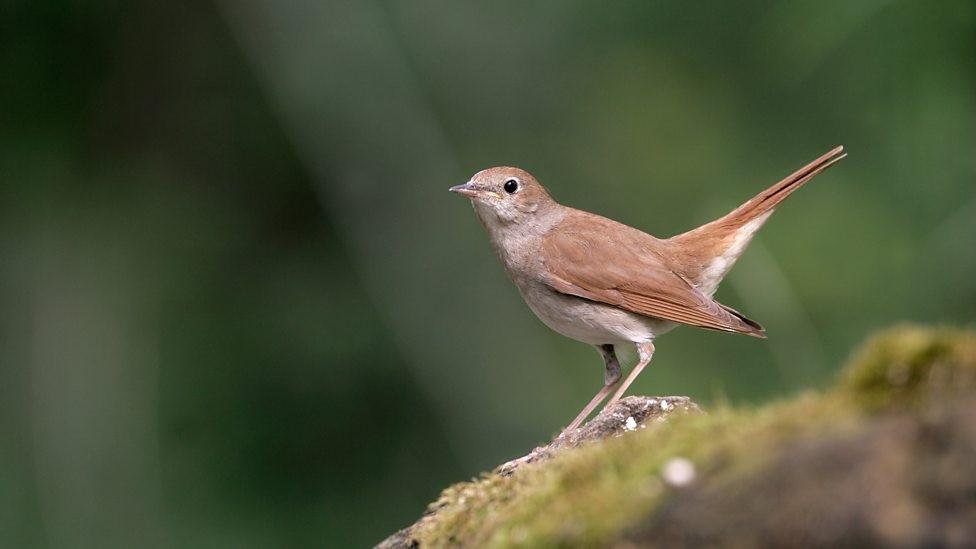
- Published11 September 2015
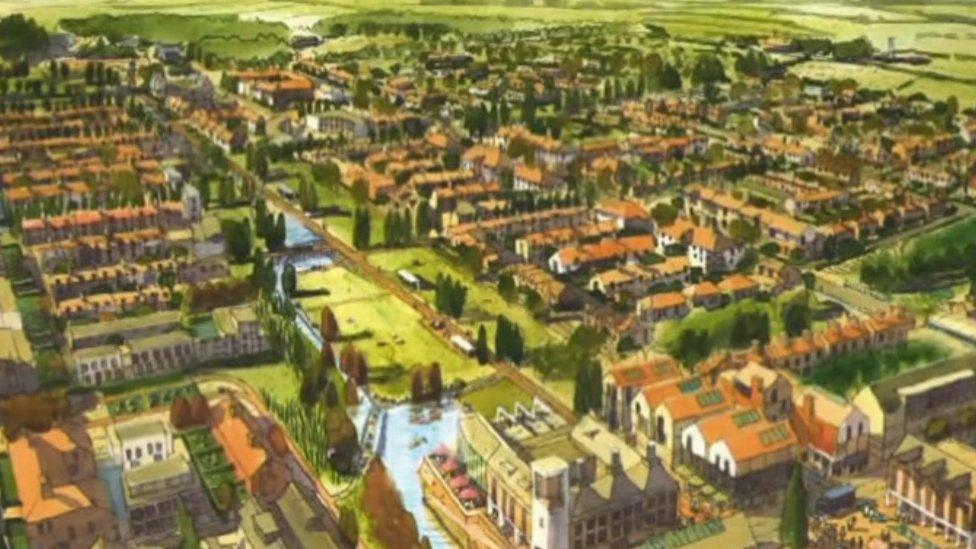
- Published13 February 2015
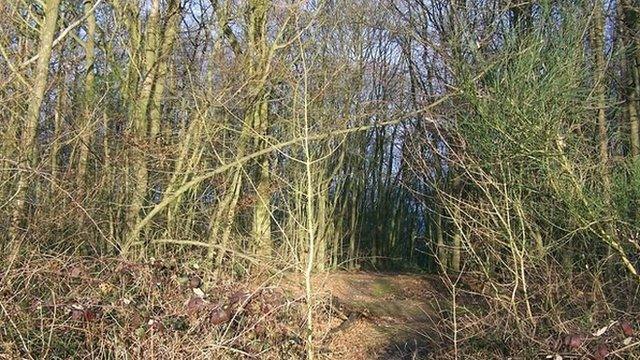
- Published5 November 2014
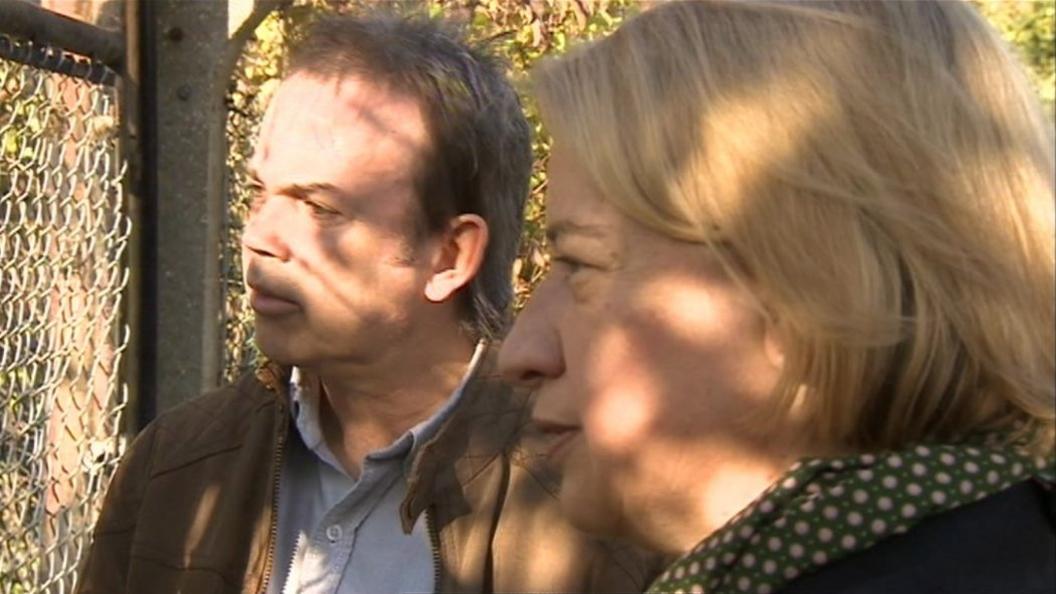
- Published6 September 2014
